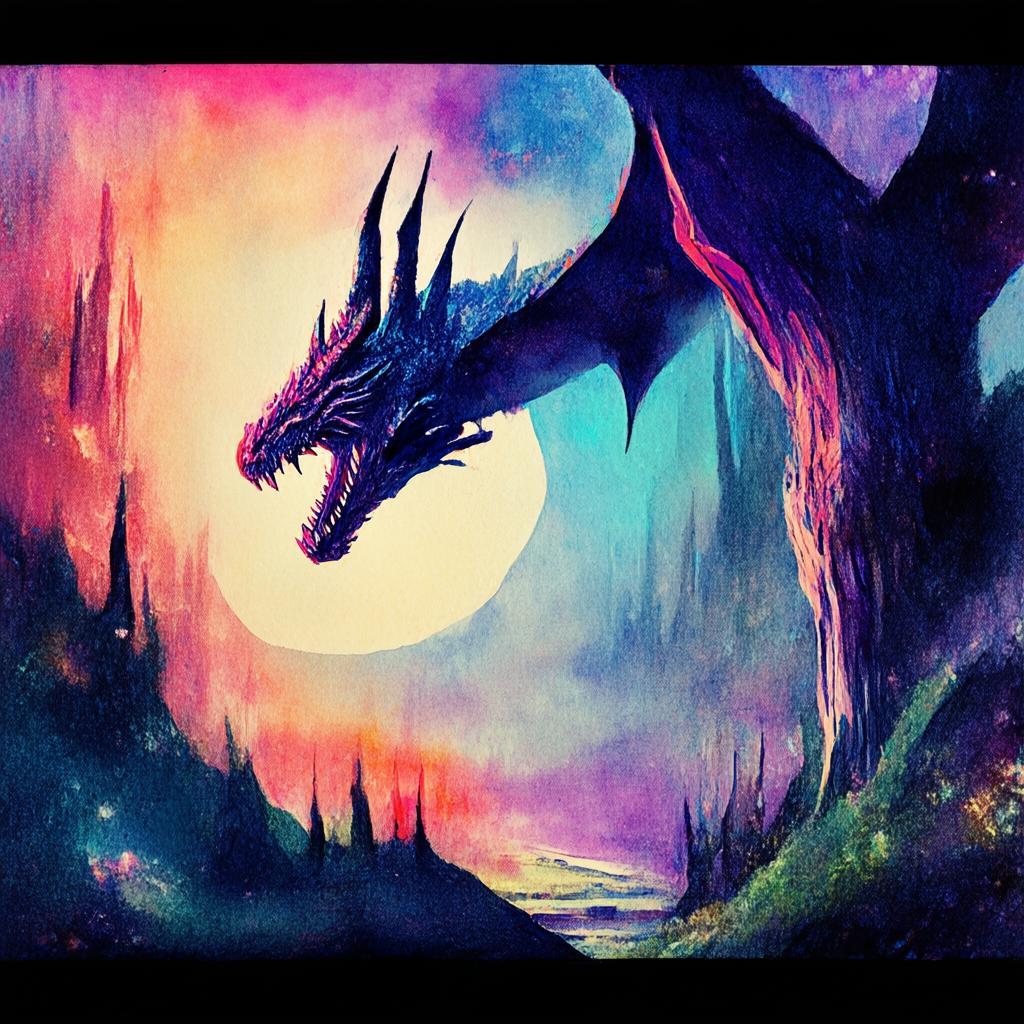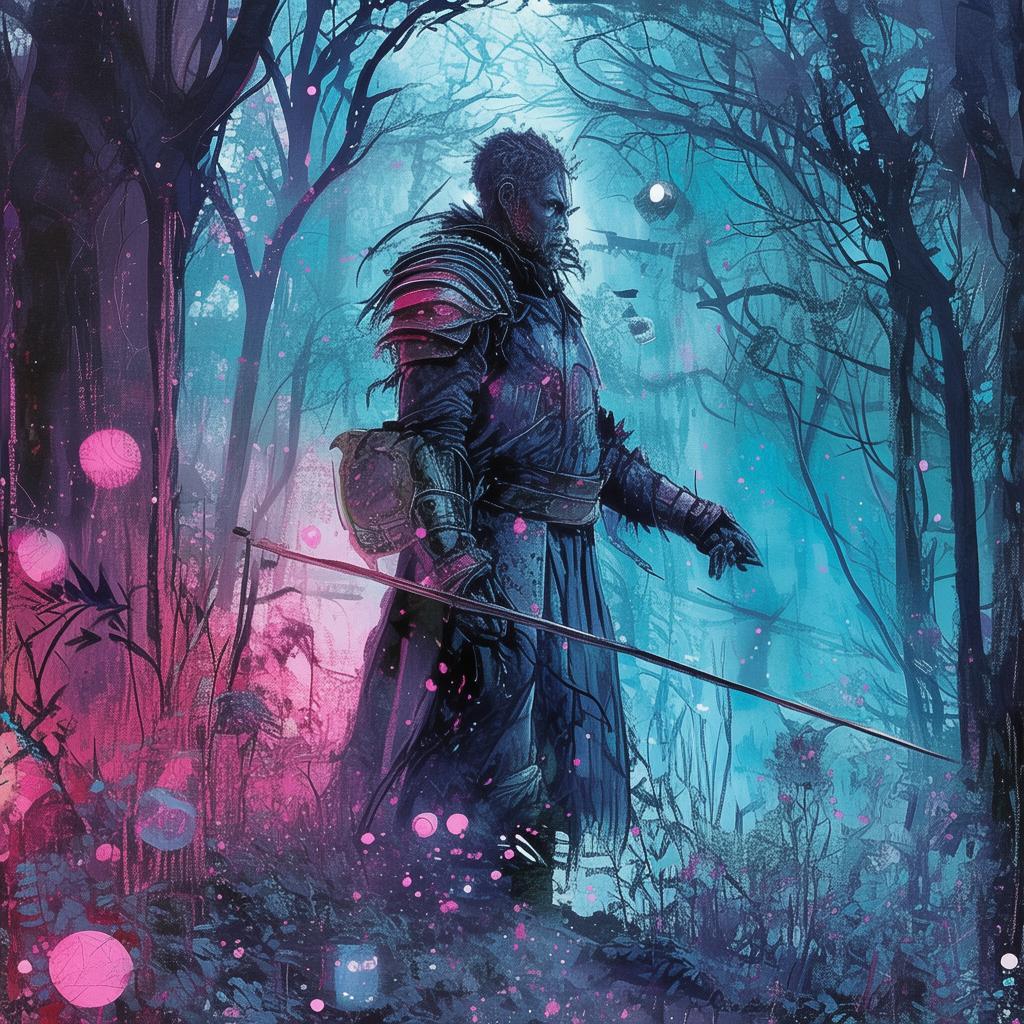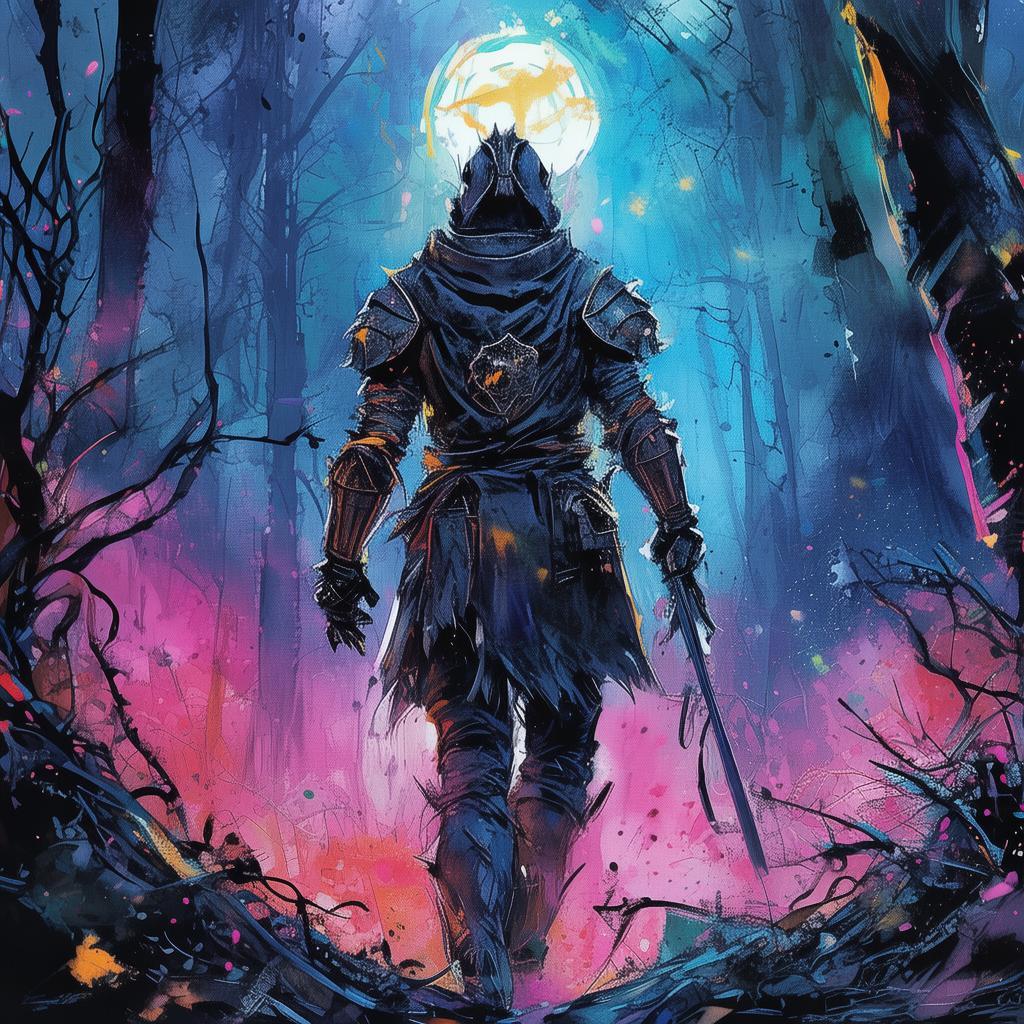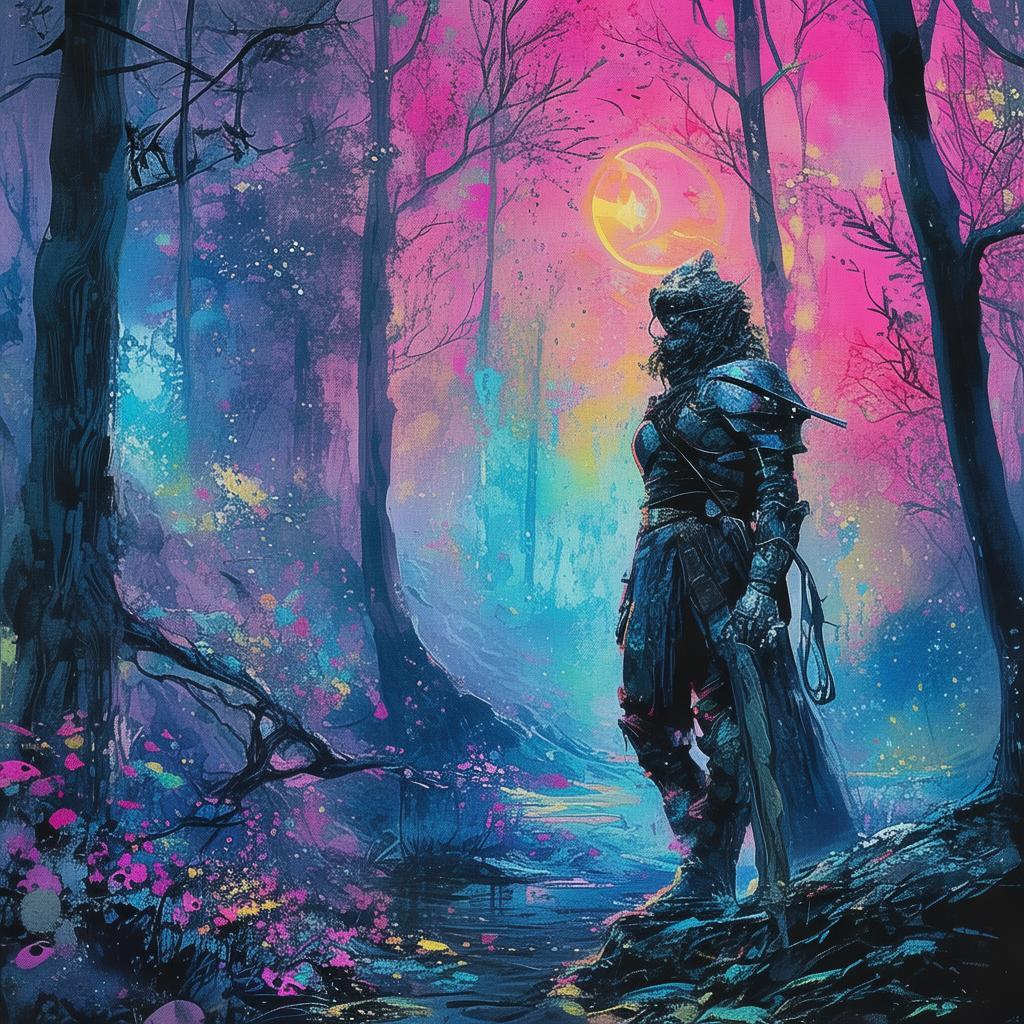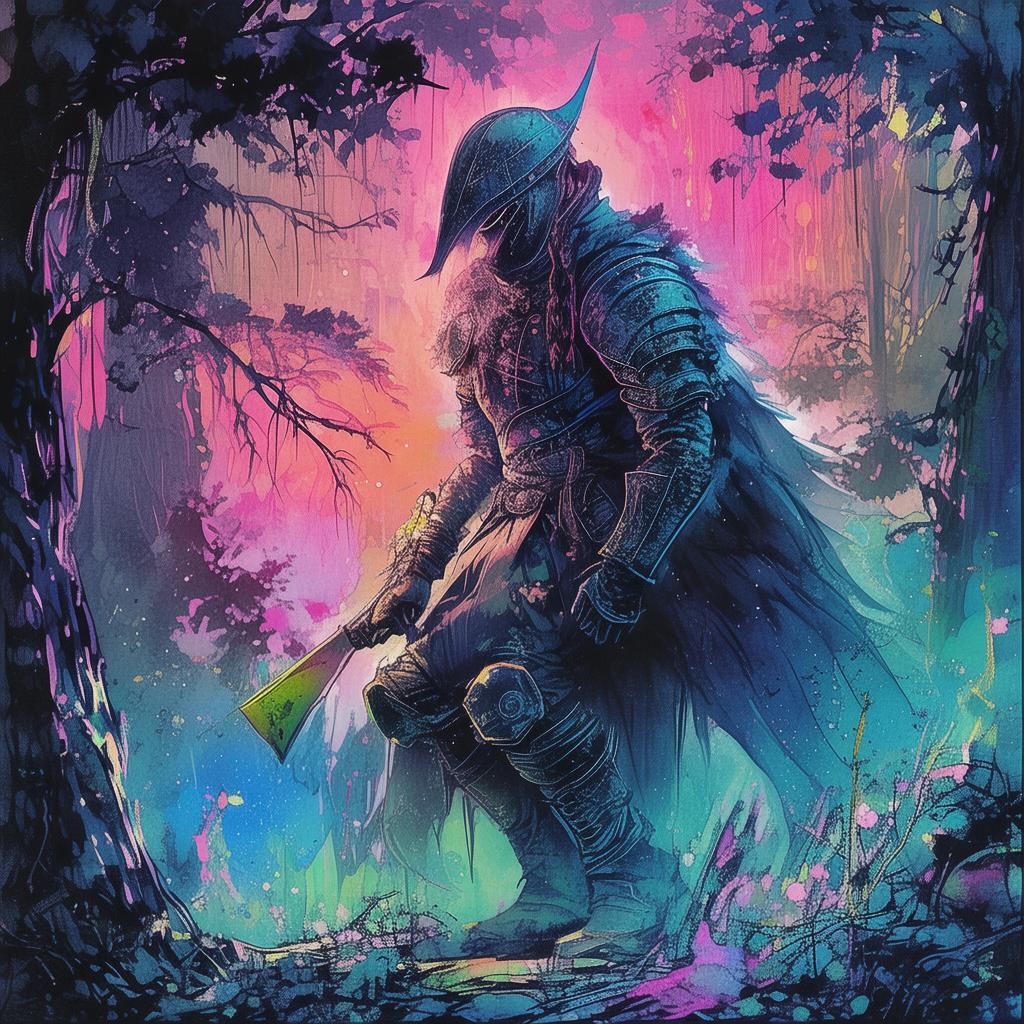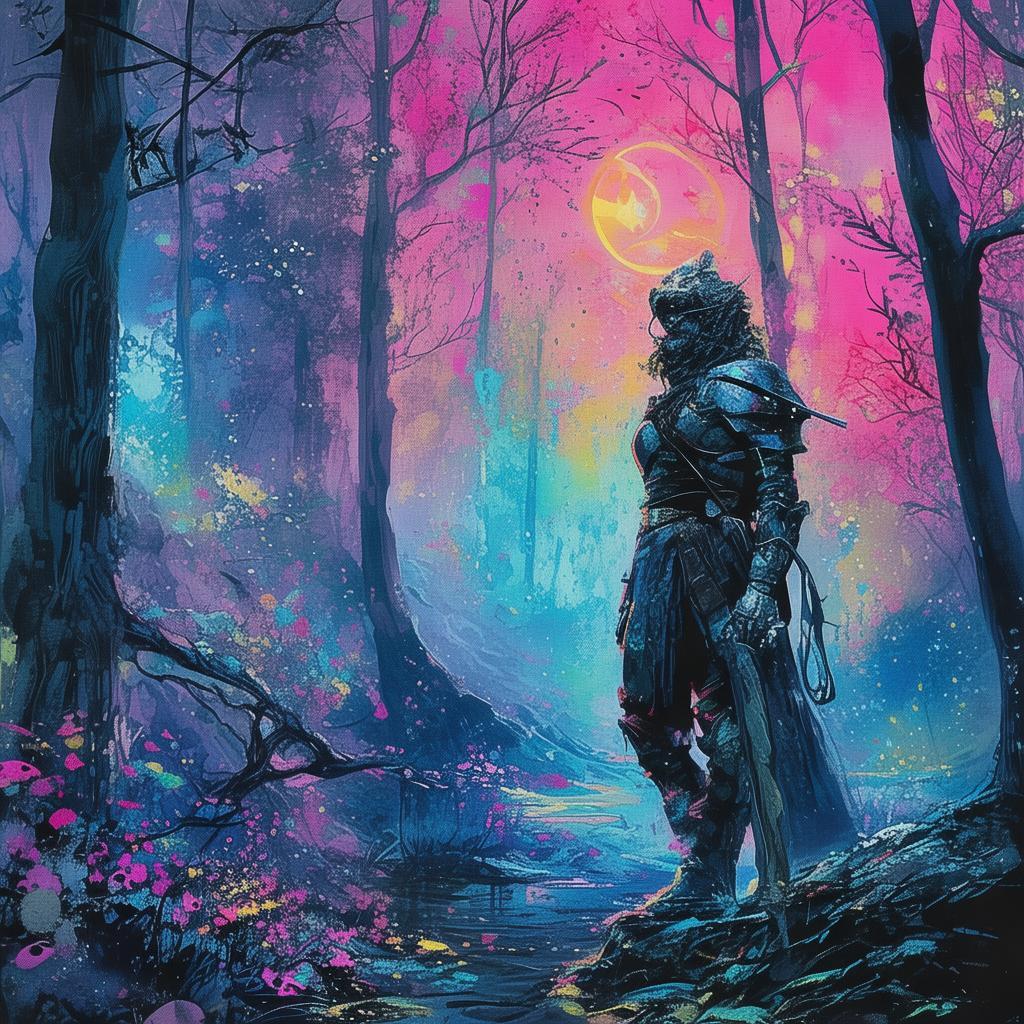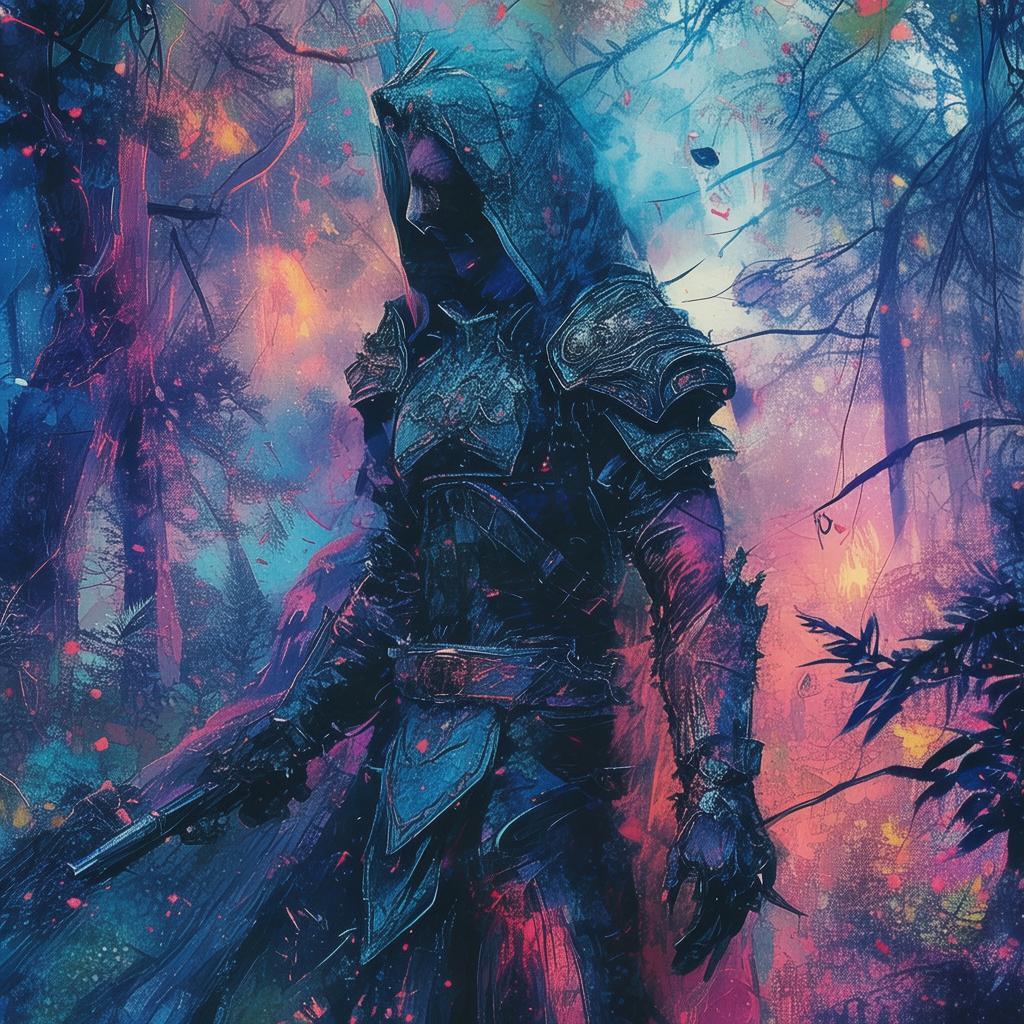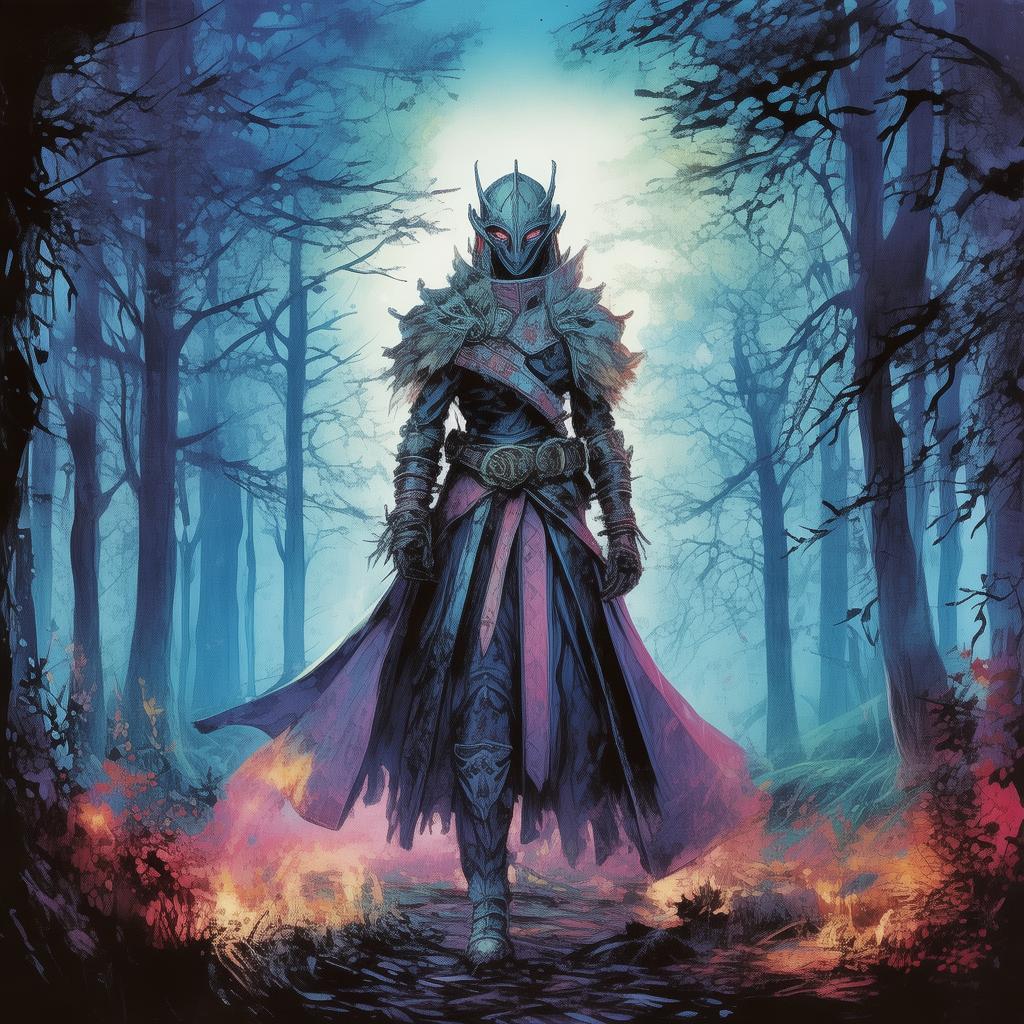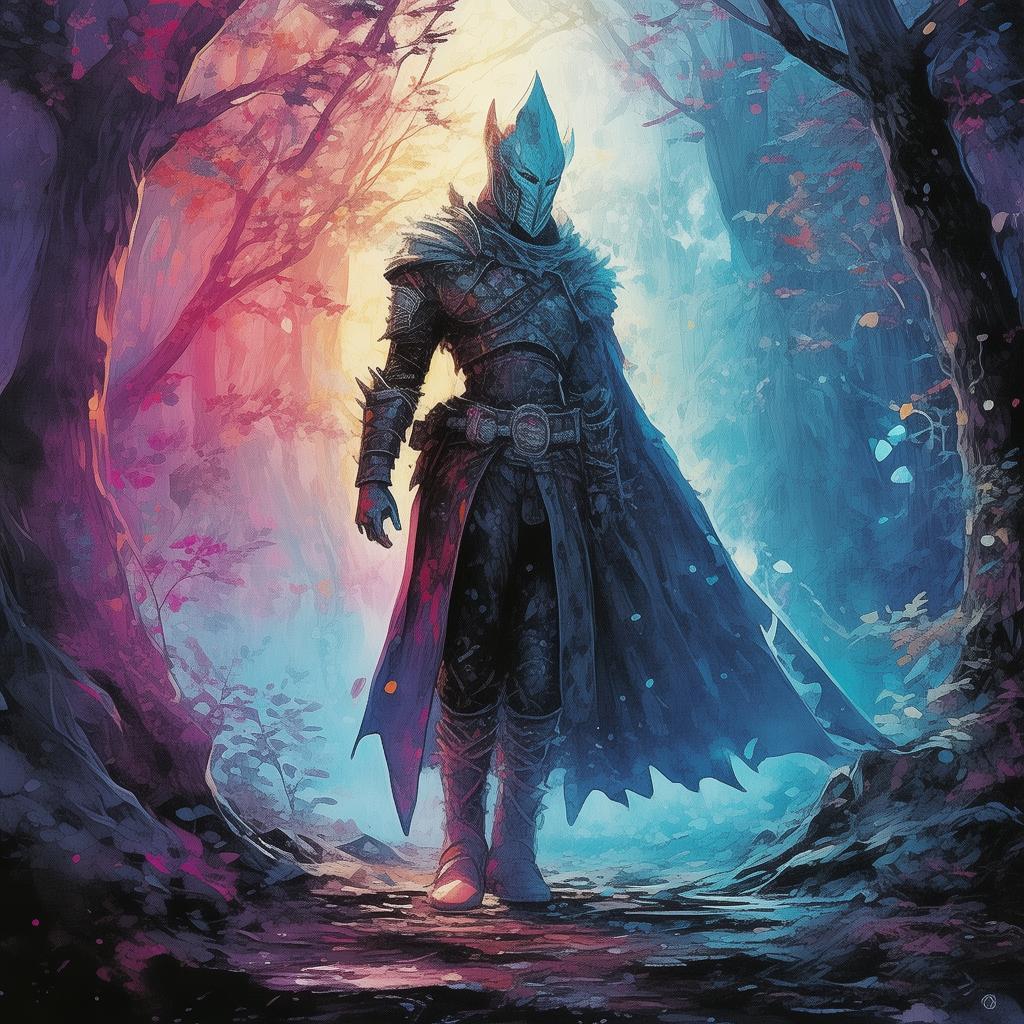The Lyrical Rebellion: Mei Yanniang's Defiant Song
In the verdant valleys and towering mountains of the ancient cultivation era, there existed a realm where the balance of power was as delicate as the strings of a lute. Among the myriad of cultivation sects and martial arts schools, the Yanniang family stood as a beacon of musical prowess and spiritual enlightenment. Mei Yanniang, the prodigious daughter of the Yanniang family, was destined to be the next great lyrist of the era.
Her melodies were not just music; they were spells, capable of healing the sick, calming the stormy, and even piercing the hearts of the most powerful cultivators. Yet, beneath the serene surface of her talent, Mei Yanniang harbored a rebellion that would shake the very foundations of her world.
The era was one of oppression, where the ruling elite, known as the Celestial Emperors, held sway over the lives of the cultivators. They used their immense power to suppress dissent and to maintain their grip on the populace. Among these emperors was the tyrant, Lord Qing, whose iron fist ruled with an iron will.
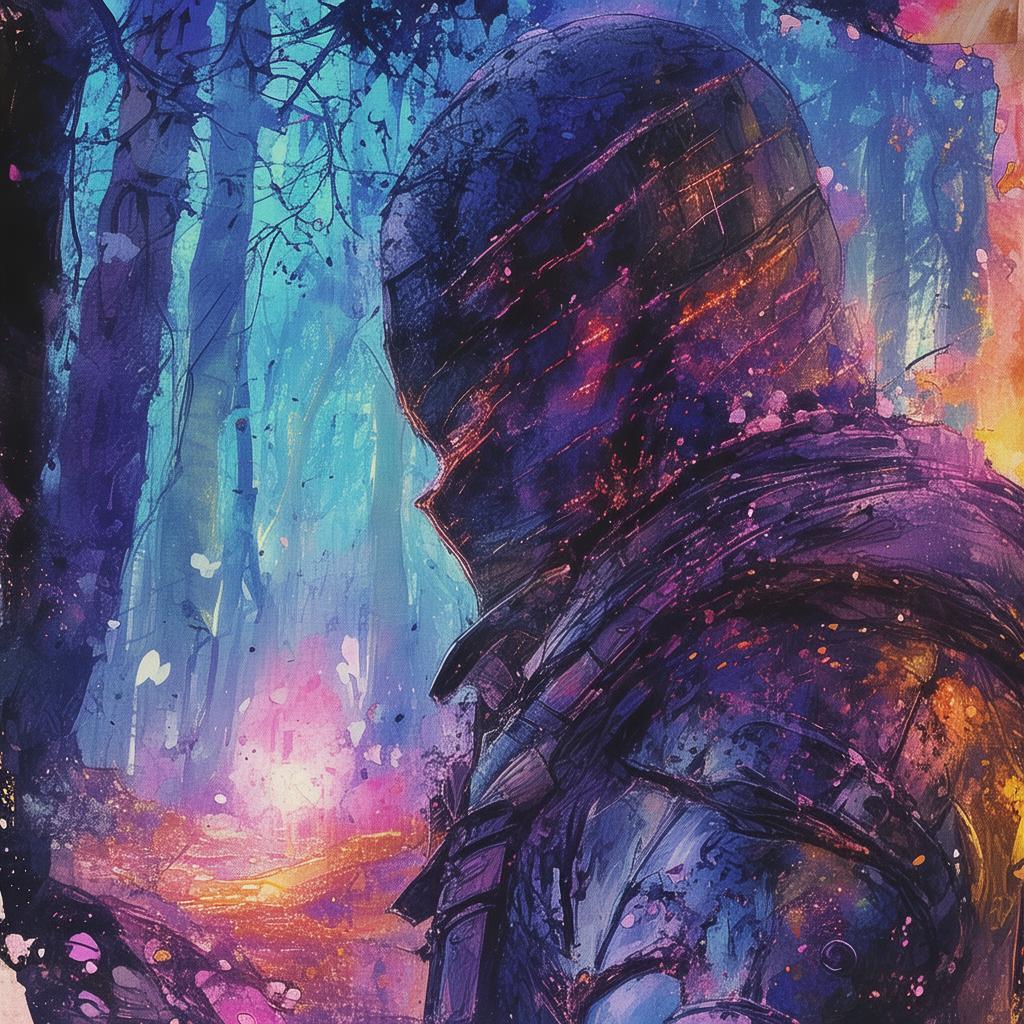
The story begins with a serene morning in the Yanniang estate, where the young Mei Yanniang practices her art. Her melodies are a symphony of life, but today, a shadow passes over her heart. It is the news of a fellow cultivator, Lin Wei, who was executed for daring to challenge the Emperors' authority. The injustice stirs a fire within Mei, and she knows that silence is not an option.
Mei's father, the esteemed Yanniang Master, had always taught her that true power lies not in martial arts or cultivation techniques, but in the power of the heart and the spirit. He had once said, "The true cultivator is one who cultivates peace, not just their own strength." But as the news of Lin Wei's fate spreads, Mei realizes that peace is an illusion, and she must choose between the life of a lyrist and the life of a revolutionary.
The rebellion begins with a whisper, a melody that resonates with the hearts of the oppressed. Mei composes a song that speaks of the suffering of the people, of the dreams that have been crushed under the heel of tyranny. The song travels far and wide, reaching the ears of the downtrodden and the disillusioned.
As Mei's melodies stir the masses, she becomes the face of the rebellion, a symbol of hope in a sea of despair. But the path to freedom is fraught with peril. The Celestial Emperors send their most formidable enforcers to silence the rebellion, and Mei finds herself in a race against time to spread her message before the censors can quash it.
One fateful night, Mei is ambushed by the guards of Lord Qing. In the midst of the attack, she sings her most powerful melody, a song that seems to bind the very fabric of reality itself. The melody creates a protective barrier, allowing Mei to escape with her life, but it also draws the attention of the Emperors, who now see her as a greater threat than ever.
The climax of the story unfolds in the grand hall of the Emperors, where Mei is confronted by Lord Qing himself. The hall is filled with cultivators, their eyes gleaming with anticipation for the spectacle that is about to unfold. Mei stands before them, her eyes unwavering, and begins to sing her most daring composition, a song that not only challenges the Emperors but also calls for the fall of their regime.
The song is a tempest of emotion, a tempest that threatens to engulf the entire hall. The Emperors are thrown into turmoil, their power waning as Mei's melodies reach their hearts. In the end, it is not her martial arts or cultivation techniques that win the day, but her music, her spirit, and her unwavering belief in the power of freedom.
The story concludes with Mei's melody reaching the ears of the common people, inspiring them to rise up against their oppressors. The Lyrical Rebellion gains momentum, and the era is irrevocably changed. Mei Yanniang becomes a legend, her melodies echoing through the ages as a testament to the indomitable spirit of the human heart.
In the wake of the rebellion, the Emperors are overthrown, and a new era dawns, one where the power of the people is recognized and cherished. Mei Yanniang, the lyrist turned revolutionary, fades into the annals of history, her legend passed down through the ages, a reminder that sometimes, the most powerful weapon is not a sword, but a song.
✨ Original Statement ✨
All articles published on this website (including but not limited to text, images, videos, and other content) are original or authorized for reposting and are protected by relevant laws. Without the explicit written permission of this website, no individual or organization may copy, modify, repost, or use the content for commercial purposes.
If you need to quote or cooperate, please contact this site for authorization. We reserve the right to pursue legal responsibility for any unauthorized use.
Hereby declared.
